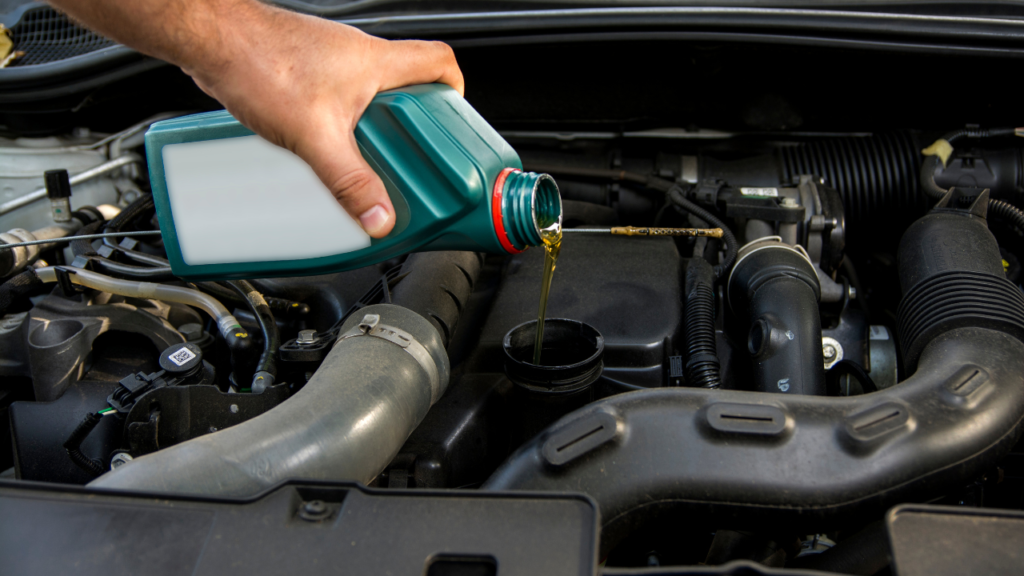How to Grease Your Trailer
Every part of the trailer is important, from the Rockwell 12011-1 oil cap to the axle and bearings. Being a responsible trailer owner means knowing how to care for it and ensuring its maintenance is up to par. Poor maintenance leads to extensive problems and most are expensive, to say the least. Learning to grease a trailer is crucial and will make life easier for you too. So, how to grease a trailer, and should you rely on a mechanic for help?
Grease the Coupler and Hitch Routinely
When you’re towing a trailer, the hitch ball and coupler take most of the strain. These must be kept in the best condition possible. You should have a regular grease schedule for the hitch ball and coupler. After every tow, grease them thoroughly. It might also be wise to grease them every five-to-six thousand miles. Monthly and six-month servicing is useful to ensure everything is running as it should.
Grease the Jack and Pintle Semi-Regularly
The pintle doesn’t need to be greased every month, every six months should be sufficient. It’s the same with the jack system, a yearly servicing is all that’s required. These are far easier to manage since they’re a semi-regular maintenance issue. You could also maintain the Rockwell 12011-1 oil cap once every few months.
Greasing the Axles
Depending on the type of trailer axles you have, it could be fairly straightforward. If you have a grease zerk on the axle, you’ll need to grease them every six thousand miles (or around six months). It’s easy to do. You need to remove the plug from the axle and insert the grease gun in the zerk. Once there is sufficient grease inside, replace the cap and you’re good to go. Click here to read more about When Should I Perform a Differential Oil Change?

Should You Call a Mechanic to Grease the Trailer?
Greasing a trailer isn’t difficult but can present a challenge or two. It depends on your fitness, physical abilities, and what you feel confident doing. Some people just won’t grease the trailer because they don’t want to or just can’t. You don’t always need to call a mechanic to grease your trailer; however, if you aren’t confident, it’s best to let them handle it. On another note, if you are worried about under-greasing the various components, get a mechanic’s advice.
Simple Greasing Tips to Consider Using
Bearings are one of the most important elements of a trailer and if they aren’t lubricated sufficiently, things can go wrong. So, here are a few tips that could help you make greasing the bearings a lot easier.
- Put a small amount of grease onto your hand and press the outer edge of the bearing into the grease.
- Ease the grease into the bearing and rotate it to ensure it is sufficiently greased.
- Don’t forget the grease on the surface of the bearing cup. Greasing the bearings can be simple with a little know-how.
Grease Well
Proper maintenance of cargo trailer accessories, including components like the Rockwell 12011-1 oil cap, axle, and bearings, is essential for reliable and safe trailer operation. Regularly greasing the hitch ball, coupler, pintle, and axles ensures smooth functionality and prevents costly repairs. Neglecting the upkeep of these cargo trailer accessories can lead to significant issues and expensive fixes. Whether you choose to perform these tasks yourself or seek a mechanic’s assistance, maintaining cargo trailer accessories is crucial for optimal performance and longevity. Prioritize maintenance to enjoy hassle-free towing and extend the life of your trailer.
…
Continue Reading




